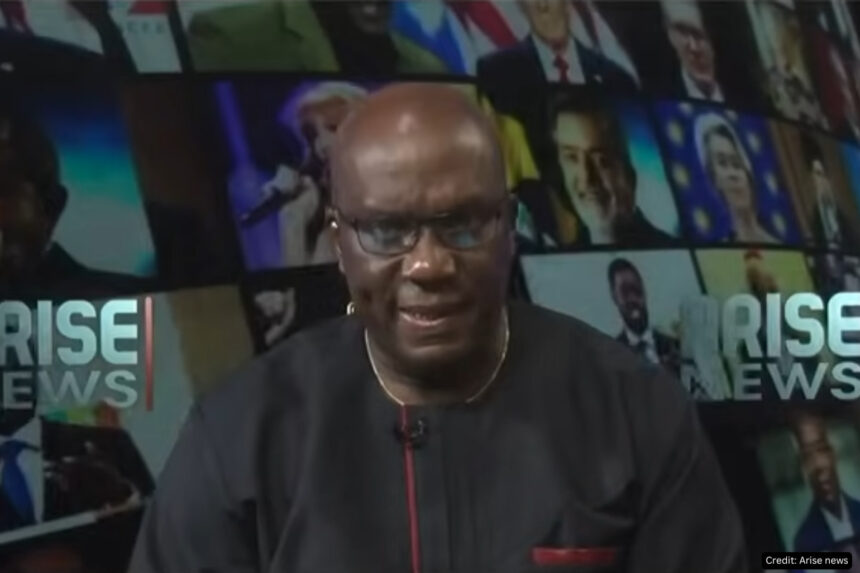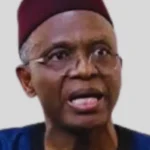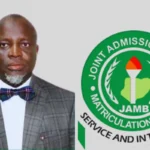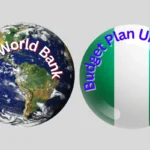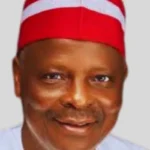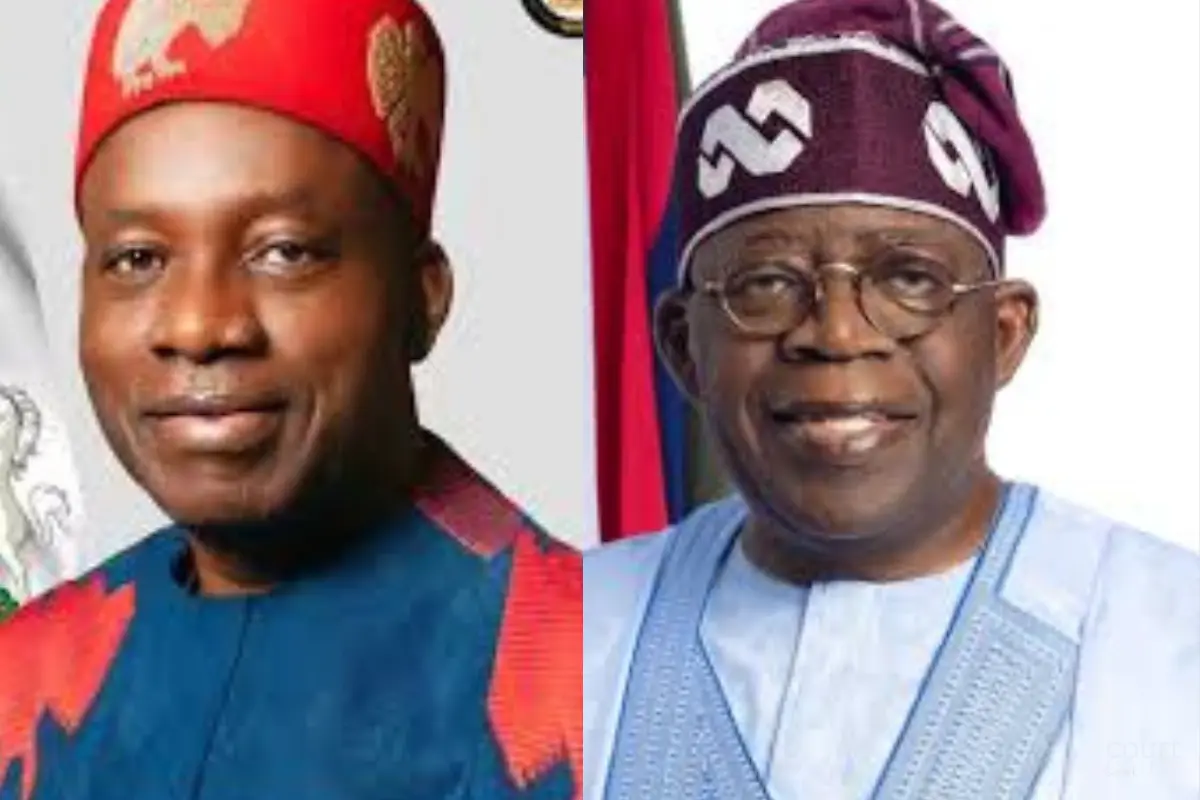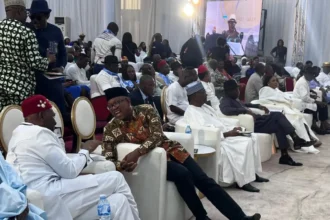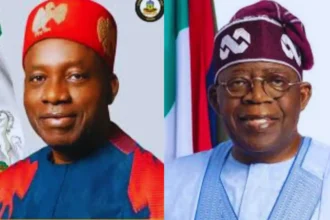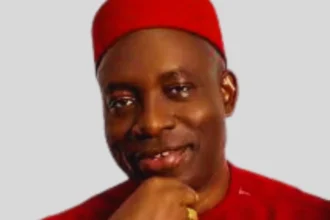As the All Progressives Congress (APC) government under President Bola Tinubu continues its administration into 2025, the political and economic atmosphere in Nigeria remains a topic of intense debate. Felix Morka, National Publicity Secretary of the APC, recently spoke on Arise news on various national issues, highlighting achievements, defending the government’s stance, and addressing criticisms from opposition leaders. His statements offer insight into the current political climate and the government’s vision for Nigeria.
Morka underscored the importance of balanced media reporting, urging journalists to not only focus on the challenges facing the nation but also highlight positive developments. “This is a new year,” he said, emphasizing the need to take stock of progress while addressing areas needing improvement. “Governance everywhere in the world involves identifying what is being done right and replicating it, while fixing what isn’t working.”
The APC spokesperson also pointed to tangible progress, including the revival of the Warri refinery and plans to bring the Kaduna refinery back online. He described these as bold efforts to enhance productivity in the energy sector, which he believes will position Nigeria as a major exporter of petroleum products in the near future.
Responding to remarks by former President Olusegun Obasanjo, Morka suggested that the former leader should reflect on his own tenure before critiquing current government efforts. “President Obasanjo had unparalleled opportunities to address fundamental issues during his time in office. Many of these problems persist because they were not resolved then,” Morka stated.
Addressing concerns raised by Labour Party leader Peter Obi, Morka dismissed claims that the APC government is stifling opposition voices. “Mr. Obi has exercised his constitutional freedom to speak freely,” he said. However, Morka cautioned that such freedom does not exempt opposition leaders from scrutiny. “If he says things that are inaccurate or misleading, he should expect reactions from the ruling party.” His exact word “Peter Obi Has Crossed the Line So Many Times and Has It Coming to Him Whatever He Gets -Morka
Morka detailed the economic gains under President Tinubu’s administration, pointing to the growth of the stock market, improvements in the balance of payments, and reduced reliance on imports. He acknowledged that not all Nigerians are feeling the benefits yet but insisted that the government’s policies are laying the foundation for widespread prosperity. “Step by step, we will get there,” he assured, emphasizing that wealth creation and economic inclusion are long-term processes.
He also highlighted private sector contributions, such as the near-completion of the BUA refinery and the ongoing operations of the Dangote refinery. “When all these refineries are fully functional, Nigeria will witness a transformative shift in its economic landscape,” he said.
Obi’s criticism extended to the broader democratic environment, where he alleged that the APC government has made it difficult for opposition parties to operate effectively. “It is extremely difficult to be in opposition in this country,” Obi stated, citing personal challenges he and his family have faced.
Morka refuted these claims, asserting that the APC is committed to democratic principles and does not interfere with the internal affairs of opposition parties. He pointed out that the APC has its own internal challenges but is addressing them constructively. “Opposition parties must resolve their internal contradictions and focus on offering viable alternatives to Nigerians,” he said.
In closing, Morka appealed to Nigerians to remain optimistic and supportive of the administration’s efforts. “This president is committed to delivering transformative change,” he affirmed. “The results are beginning to show, and they will only get better. Nigerians should give him the benefit of the doubt and stand fast in their support.”
While the APC government faces significant scrutiny, Morka’s remarks underscore the administration’s confidence in its policies and commitment to addressing Nigeria’s challenges. As the nation navigates the complexities of governance and opposition, the coming months will reveal whether this optimism is well-placed or if further course corrections are needed.
